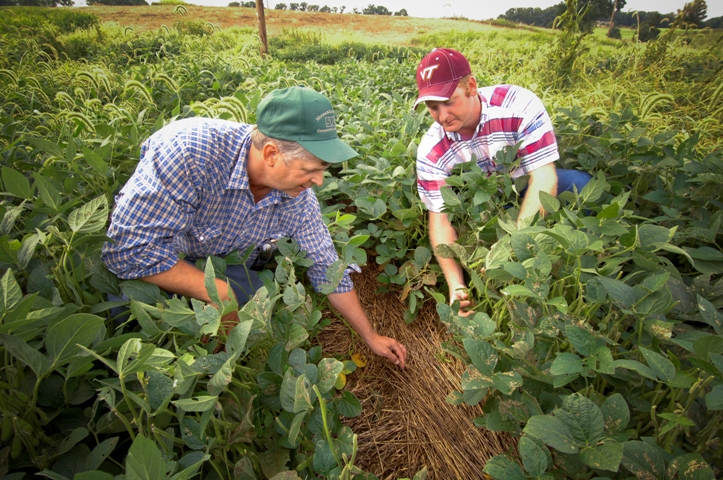World Bank approves $15 million to modernization Moldova’s food safety system
Moldova’s predominantly agriculture-based economy relies heavily on agricultural production and agri-processing in Europe and Central Asia region.

- Country:
- Moldova
The World Bank’s Board of Executive Directors approved today a financing package of $15 million to the Republic of Moldova for the Third Additional Financing for the Moldova Agriculture Competitiveness Project (MACP), which will support the modernization of the country’s food safety system by establishing a comprehensive, EU standards-compliant system for the management of animal by-products unintended for food production.
Moldova’s predominantly agriculture-based economy relies heavily on agricultural production and agri-processing in Europe and Central Asia region. Given the prominence of the sector, EU standards-compliant food safety and quality control systems are essential for the continuous growth of the sector, exports, public health considerations and environmental protection.
“The current methods and patterns of disposal of animal waste in Moldova are not compliant with international best practices and thus result in significant public health and environmental risks,” said Anna Akhalkatsi, World Bank Country Manager for Moldova. “We hope that this Additional Financing will serve as a stimulus for increased economic activity in the agriculture and food sectors, as improvements in food safety will broaden prospects for increased and more diversified production both for domestic and export markets of dairy, meat and derivative products.”
In addition to economic and trade benefits, which are critical in the times of COVID-19 crisis, addressing the lagging topic of safe disposal of animal by-products will have multiple beneficial externalities for the environment and public health considerations, enhancing Moldova’s resilience in the face of food-borne disease outbreaks in future.
Since its approval in 2012, MACP and its Additional Financings have helped Moldova’s efforts in strengthening export competitiveness, attracting investment and enhancing access to premium food export markets through investment financing, institutional development support, and efforts to mainstream the use of good agricultural practices and sustainable land management. The project also supported farmers affected by export restrictions on the Russian market avoiding the collapse of the fruit growing sector.
In addition to addressing the consequences of the COVID-19 crisis through its contribution to the broader economic recovery and resilience of the agri-food sector, the Third Additional Financing will help Moldova contribute to reductions of greenhouse gases and establish several vectors for climate change mitigation through reduced generation and emission of greenhouse gases. This will be achieved by diverting animal by-products from landfills, reducing the application of nitrogen-based synthetic fertilizers and diverting the use of fossil-based fuels in generation/cogeneration.
Since Moldova joined the World Bank in 1992, over $1.3 billion has been allocated to more than 60 operations in the country. Currently, the World Bank portfolio includes 12 active projects with a total commitment of $588.1 million. Areas of support include regulatory reform and business development, modernization of government services, tax administration, land registration, education, roads, health and social sectors, including COVID-19 emergency response, agriculture, and energy.
- READ MORE ON:
- Moldova
- Anna Akhalkatsi
- World Bank
- economy
- COVID-19
- food safety
- fertilizers
- farmers
ALSO READ
New World Bank program to expand electricity network through private sector participation in Ethiopia
GenAI, GCCs to help boost Indian economy in coming years: Deloitte
Modi govt was 'dragged into' providing free COVID-19 vaccinations by oppn: Cong
By early 2027, India will be third largest economy in world after US, China: Rajnath Singh in Rajasthan's Bikaner.
Fake currency poses threat to economy and national security, must be dealt with sternly: HC










